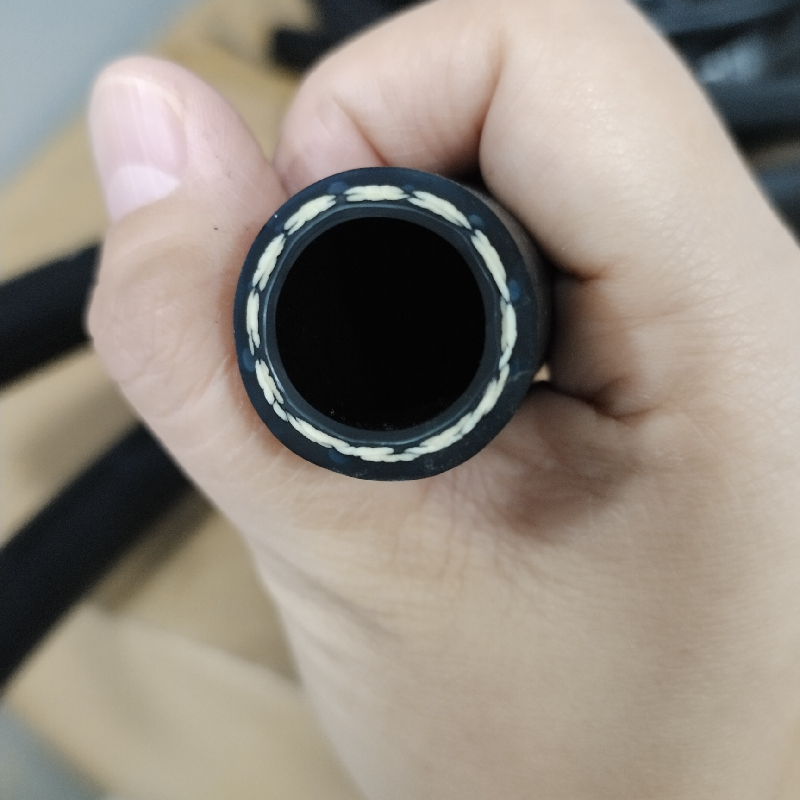Causes and Solutions for Brake Line Leaks in Vehicles
Dec . 09, 2024 22:22 Back to list
Causes and Solutions for Brake Line Leaks in Vehicles
Understanding Brake Line Leaks Causes, Symptoms, and Solutions
Brake systems are critical for the safety and functionality of any vehicle. They rely on a complex network of components to ensure effective stopping power. One of the most critical components in this system is the brake line. When a brake line begins to leak, it can pose serious safety risks and necessitates immediate attention. This article delves into the causes, symptoms, and potential solutions for brake line leaks, helping drivers understand this vital aspect of vehicle maintenance.
Causes of Brake Line Leaking
Brake line leaks can occur due to various reasons. Understanding these can help in both prevention and early diagnosis.
1. Corrosion The most common cause of brake line leaks is corrosion. Brake lines are typically made of steel, which can rust over time when exposed to moisture and road salt. The development of rust weakens the metal, leading to holes that cause brake fluid to leak.
2. Physical Damage Brake lines can be damaged by physical impacts, such as hitting a pothole or being struck by debris on the road. Even minor accidents can result in denting or puncturing the line, resulting in leaks.
3. Excessive Heat Brake lines can also be affected by excessive heat. This is particularly common in high-performance vehicles, where the brake system is often pushed to its limits. High temperatures can cause the material of the brake line to weaken, leading to potential leaks.
4. Improper Installation Brake lines may leak if they are not installed correctly. Loose fittings, cross-threading, or using inadequate tools during installation can lead to leaks, which can worsen over time as the vehicle is driven.
5. Aging Like many components in a vehicle, brake lines have a lifespan. Over time, even the best-maintained brake lines can deteriorate, leading to leaks. Regular inspections and replacements are essential to prevent this.
Symptoms of a Leaking Brake Line
Recognizing the symptoms of a leaking brake line can prevent further damage and ensure safety
. Here are some signs to watch forbrake line leaking

1. Soft Brake Pedal One of the first indications of a leaking brake line is a soft or spongy brake pedal. If you notice that your brake pedal sinks lower than usual when you apply it, there might be a loss of brake fluid pressure due to a leak.
2. Brake Fluid Puddles If you notice a puddle of reddish-brown fluid under your vehicle, it could be brake fluid. This is a clear sign of a leak and should be addressed immediately.
3. Increased Stopping Distance If your vehicle takes longer to stop, this could indicate low brake fluid levels caused by a leak. A compromised brake system reduces stopping power, which is dangerous.
4. Warning Lights Many modern vehicles are equipped with warning lights on the dashboard that indicate issues with the brake system. If this light illuminates, it may be an indication of low brake fluid levels likely caused by a leak.
5. Unusual Noises If you hear hissing or other unusual noises when applying the brakes, this could indicate air entering the brake lines due to a leak. This noise might be more pronounced upon braking.
Solutions for Brake Line Leaks
If you suspect that your brake line is leaking, it’s crucial to take immediate action
1. Inspect and Identify the Leak Start by inspecting your brake lines for visible signs of corrosion, damage, or fluid leaks. If you cannot locate the problem, consider seeking professional help.
2. Repair or Replace Depending on the extent of the damage, the affected section of the brake line may need to be repaired or completely replaced. This is a job that requires specific tools and knowledge, so it’s best left to experienced mechanics.
3. Regular Maintenance To prevent leaks from occurring in the first place, regular maintenance is essential. Have your brake system inspected periodically. This includes checking brake fluid levels, examining brake lines for corrosion, and ensuring all components are functioning properly.
In conclusion, understanding the causes and effects of brake line leaks is essential for any vehicle owner. Staying vigilant for symptoms and conducting regular inspections can help maintain brake system integrity and ensure safe driving. Do not hesitate to seek professional assistance at the first sign of a problem, as timely repairs can prevent more severe issues down the road. Your safety on the road depends on the proper functioning of your vehicle’s braking system.
